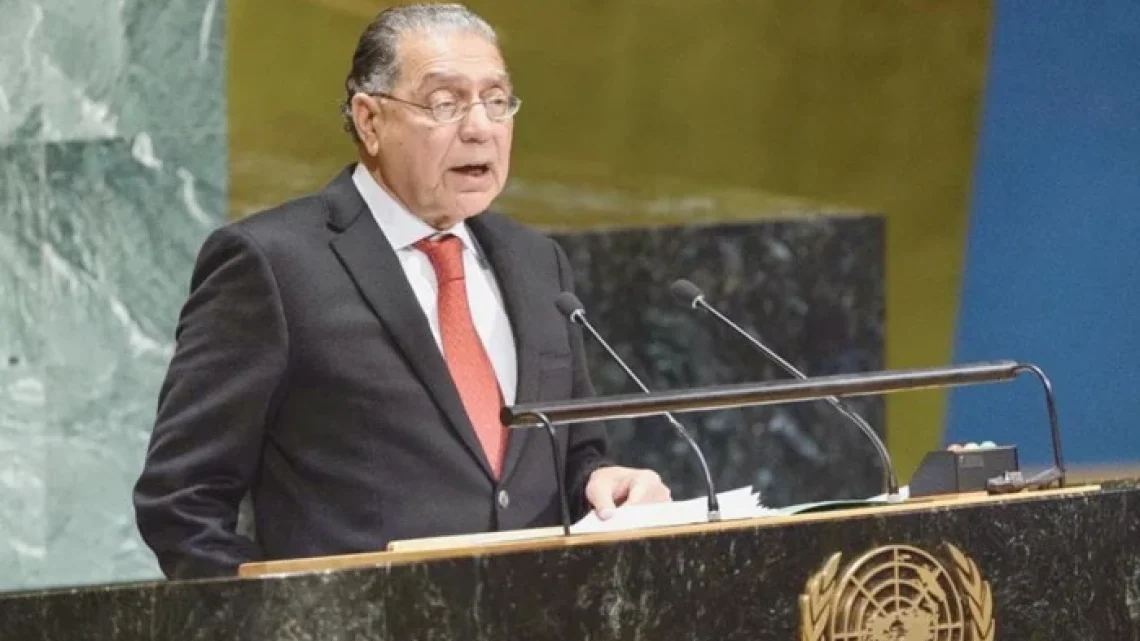
Kashmiris fight for Self-Determination under India’s Modern Colonialism: Pakistan’s UN Representative
October 16, 2024Pakistan has labeled India’s illegal occupation of Jammu and Kashmir as the most dreadful form of modern colonialism. This assertion highlights the urgent need for a resolution to this protracted conflict, essential for lasting peace in South Asia.
During a recent address to the UN General Assembly’s Special Political and Decolonization Committee, Ambassador Munir Akram, Pakistan’s permanent representative to the UN, emphasized the UN’s responsibility to mediate a peaceful settlement. He underscored the need for this resolution to align with Security Council mandates and the aspirations of the Kashmiri people.
Ambassador Akram pointed out that, since 1946, over 80 former colonies have achieved independence. Yet, certain peoples, including those in occupied Kashmir and Palestine, remain deprived of their right to self-determination. He condemned Israel’s brutal actions against Palestinians and its aggression in Lebanon, declaring, “Israel’s massacres will not extinguish the struggle for freedom.”
In parallel, he condemned India’s actions in Indian illegally occupied Jammu and Kashmir (IIOJK) as another glaring example of colonialism. The right to self-determination for Kashmiris was enshrined in UN Security Council Resolution 47 (1948), along with subsequent resolutions that called for a plebiscite under UN supervision. Both India and Pakistan had agreed to these resolutions, making their implementation a legal obligation under Article 25 of the UN Charter.
Akram did not hold back in his criticism of India’s conduct over the past 75 years. He asserted that India has consistently sidestepped the implementation of UN resolutions through coercion and manipulation. Since 1989, nearly 100,000 Kashmiris have reportedly been killed in India’s oppressive campaign.
He cited the unilateral and illegal actions taken by India since August 5, 2019, referring to them as part of a “Final Solution.” According to Resolution 122 (1957), such unilateral actions do not constitute a legitimate resolution of the territorial dispute. Thus, all measures enacted by India since that date are not only illegal but also void.
The ambassador reiterated that resolving the Jammu and Kashmir dispute is vital for sustainable peace in South Asia. He called on India to create a conducive atmosphere for dialogue, cease human rights abuses in the region, reverse demographic changes, and undo the unilateral steps taken post-August 2019.
Kashmiris have consistently rejected New Delhi’s unilateral measures, standing firm in their quest for freedom and self-determination. Even in the face of sham elections organized by India, the people have voiced their demand for their usurped rights.
Pakistan’s calls for action reflect a broader discontent regarding India’s oppressive policies. The world must heed these warnings, as ignoring the plight of Kashmiris contributes to escalating tensions in the region.

